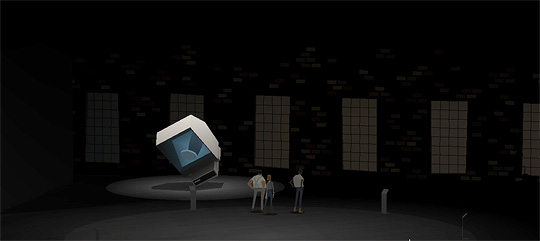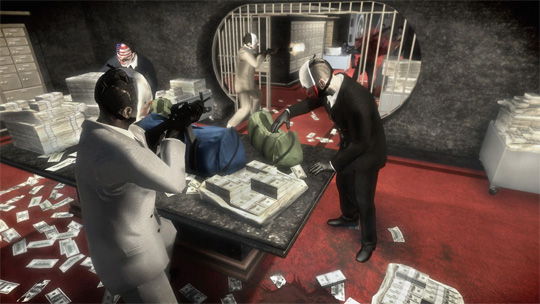
Next year, me and Kyle are starting a (very small) virtual reality ("VR") research lab at Parsons. We've set our initial long-term research initiative as some sort of "virtual sculpting studio" -- so maybe one day you'll put on your Oculus Rift and power gloves, sculpt some virtual clay, and then send the model to a 3D printer? Wouldn't that be cool? We have lots of other ideas too, but those will require a lot more money / space / time, so this is us, thinking "small."
If you think it sounds awesome, please "like us" (ugh) on this weird startup grant social media platform thing so some giant well-funded entity can give us money. Or, if you happen to be a corporate or nonprofit entity that has money you'd like to part with, please get in touch.
The full proposal text is here:
We envision virtual reality as a “place” that allows us to do useful work and experience unique phenomena. Much like going to a woodshop to work wood, or a kitchen to work food, we imagine dedicated VR spaces for people to work and play with data in intuitive ways. How can we use the unique affordances of virtual realities to visualize, embody, and interface with virtual data most effectively?











